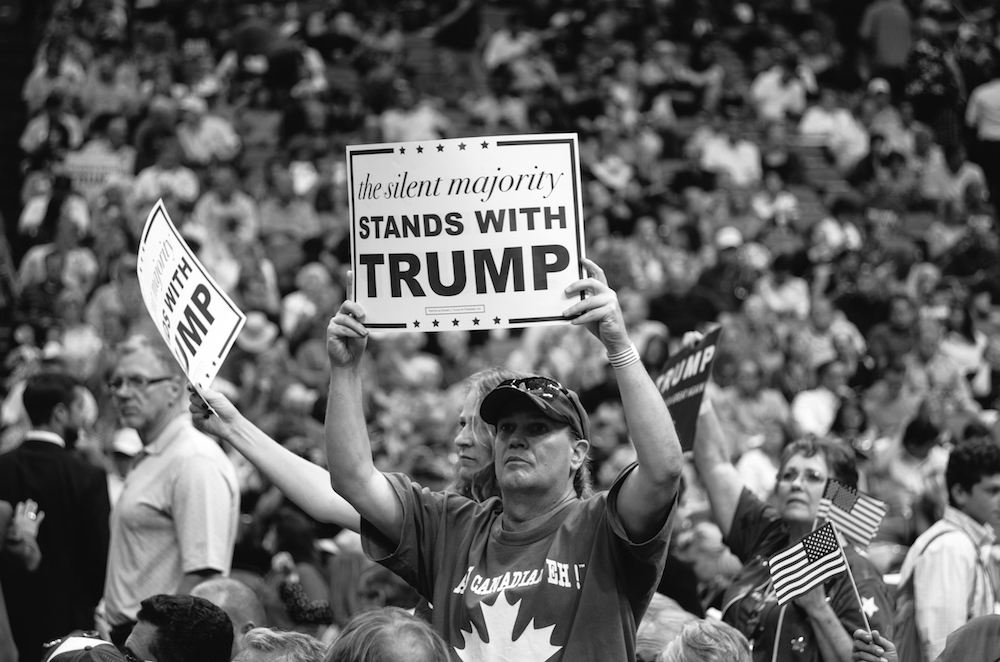In his novel Jayber Crow Wendell Berry raises the question of how a person can love and give themselves to something that is dying. Throughout the novel, Crow, the book’s protagonist, reflects on his life in Port William, a small Kentucky town that is dying. At one point he likens the town, which is suffering the same fate as so many other small American towns, to a person on the side of an icy slope—no matter how much they try to stay put, they can’t help slipping. Jayber Crow is the story of how one man tries to keep faith with a place that is dying. It is, thus, the story of how one man dies alongside the thing he loves.
Login to read more
Sign in or create a free account to access Subscriber-only content.
Topics:
